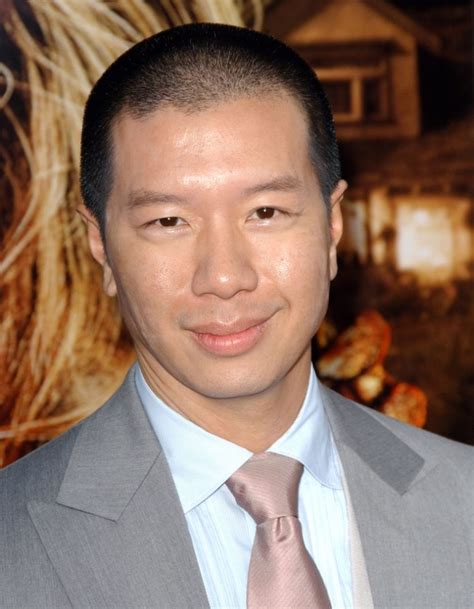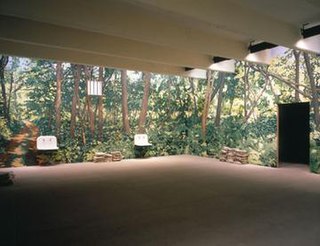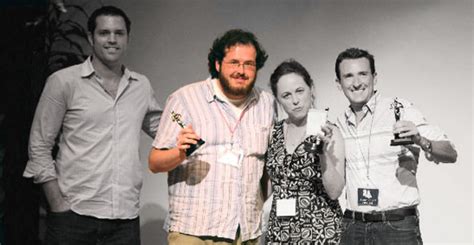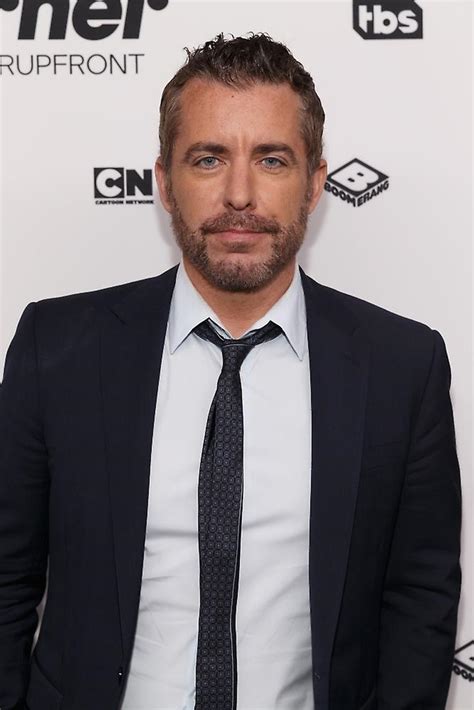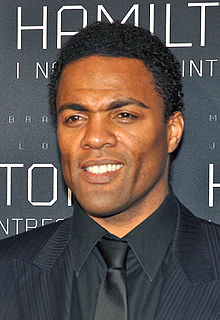A Quote by Reggie Lee
How often, really, do you get a Filipino story line in a show? Not very often. I can't think of any.
Related Quotes
Very often, things that people may think come from the writer, very often don't. There's a lot of cooks in the kitchen when it comes to making a movie. When you hear a line of dialogue that sounds kind of tinny, it's pretty easy to cite the screenwriter. But there's a lot of stuff that goes into making a movie.
Every field piece I did on 'The Daily Show' was a story that lasted five to six minutes. We had a protagonist, we had an antagonist and often put them at odds. We knew the story we wanted to tell before we went in, and often it was about plugging whatever character you have - in this case, a real person - into said part.
Well people often ask me how I felt growing up with a father who was a politician and who was often away. But when I'm asked that question I often reflect on my inability really to be able to answer it in any relative sense because I never grew up with a father doing anything else. So I just have no idea what it would be like otherwise.
Katie Grand often comes in from a very different angle than what I've been thinking about. And that really gives it that extra something, because designers can often get stuck in their own view of how the collection can look. I always love the way that she turns it into something else and I kind of let go at that point.
I think that if you just kind of try to throw together a sketch show, but you don't have any real vision for what you want to do with the sketch, I don't think your chances are very good. You know, "Let's just have a sketch show!" You have to do something different with it; you have to reinvent that form every so often.
I will say that the difference was that when you're an Army journalist, as opposed to a civilian correspondent covering the military, you're very often either a public relations agent or expected to perform that role. I would say that one of the most unexpected benefits of that job was being taught to never try to cover anything up, but rather to get any bad information out right away, so that there would be nothing more to come out later. This was a wonderful lesson to be taught because often the effort to cover up a story becomes a bigger story than the original one.
